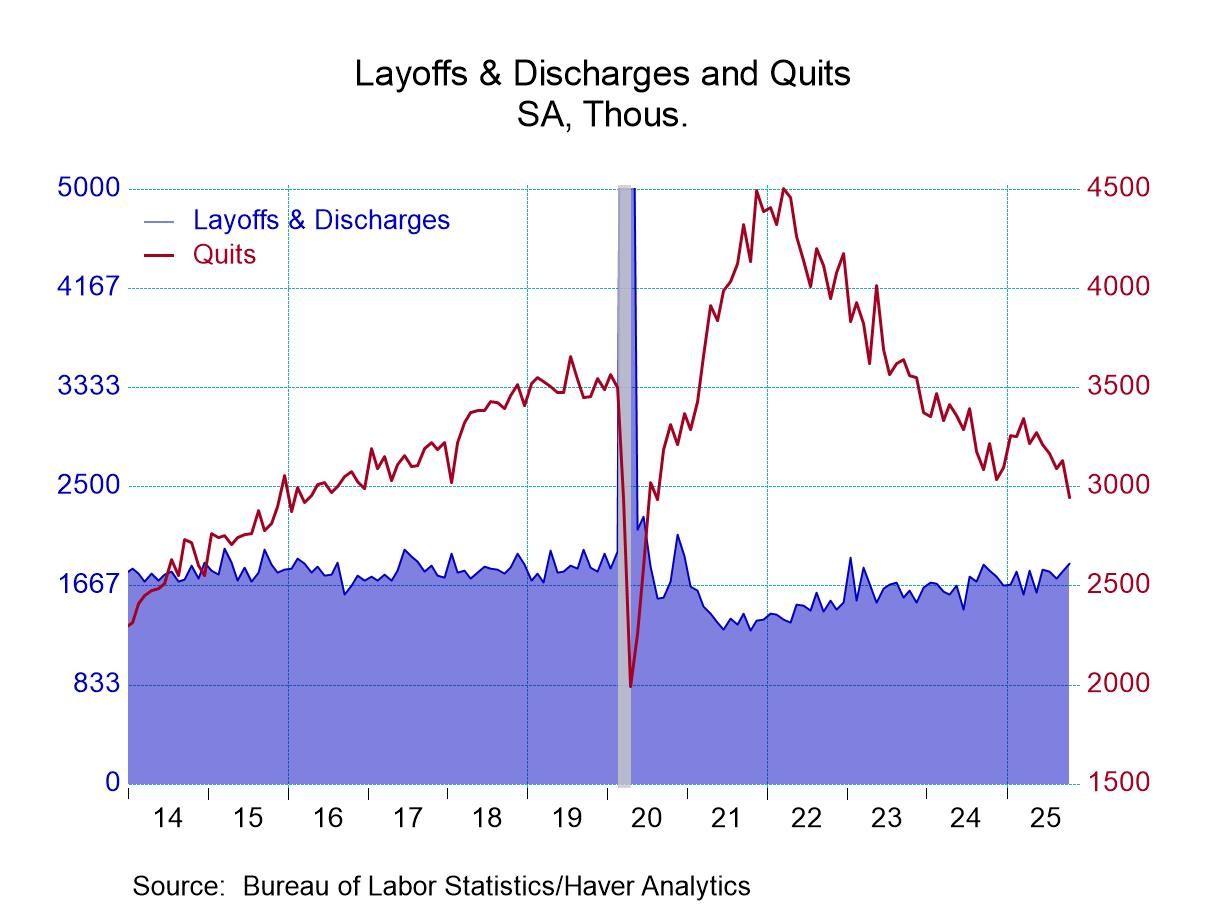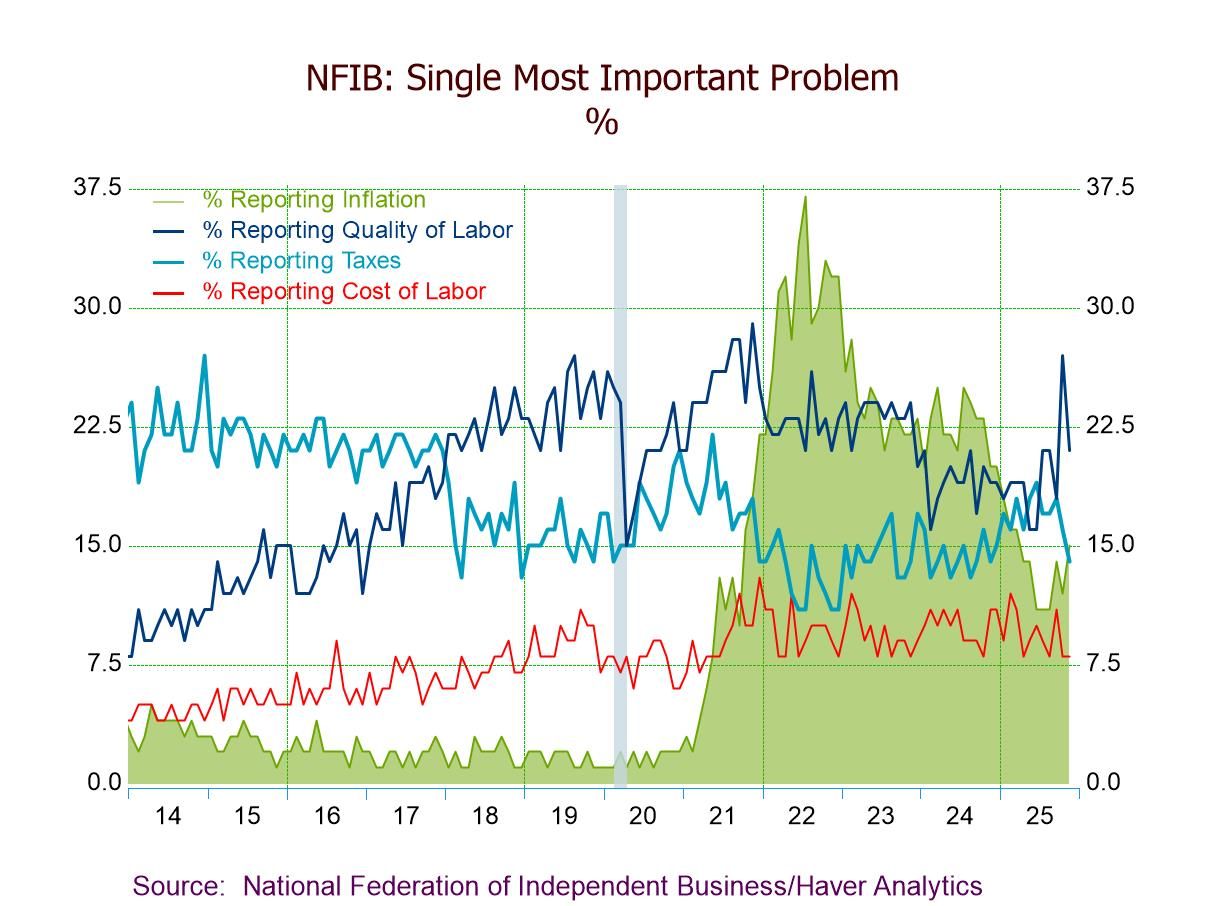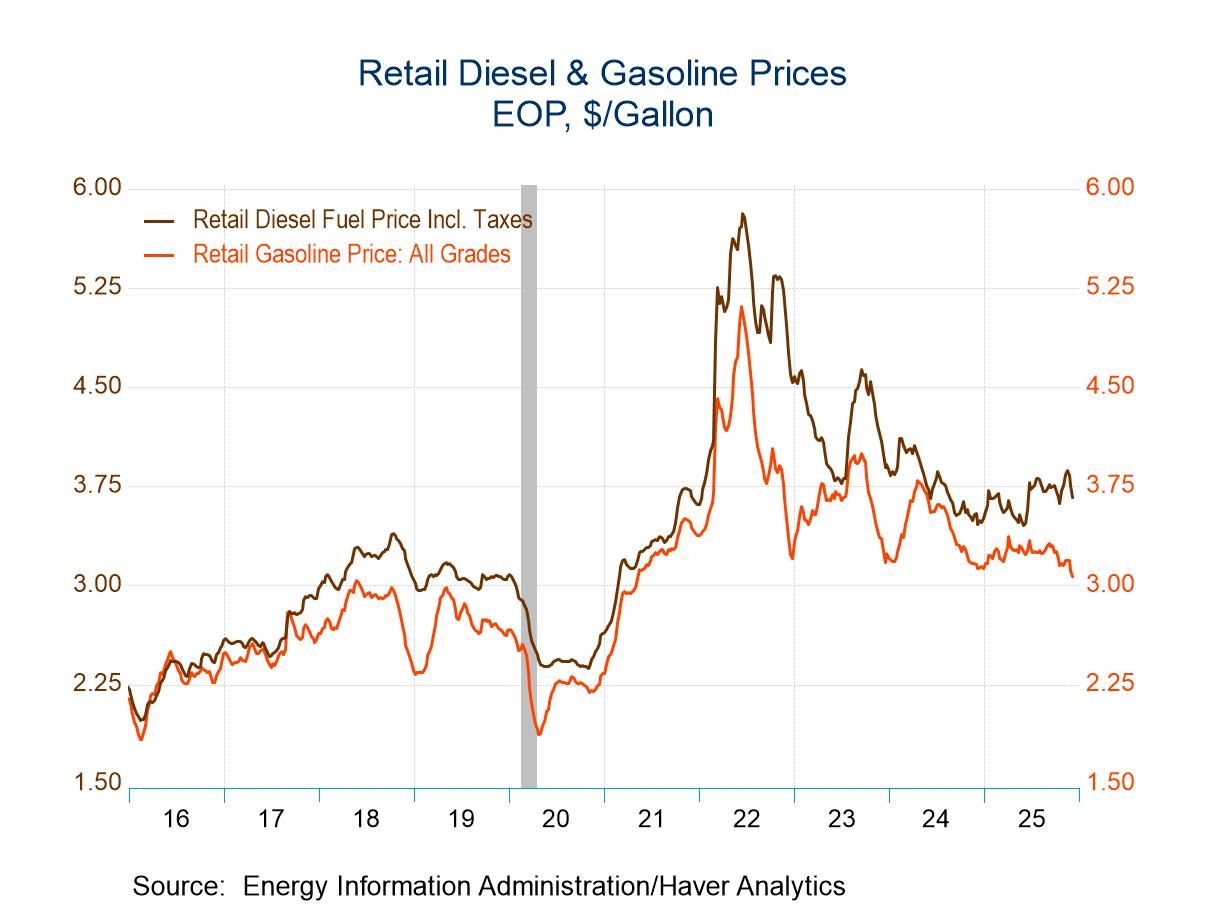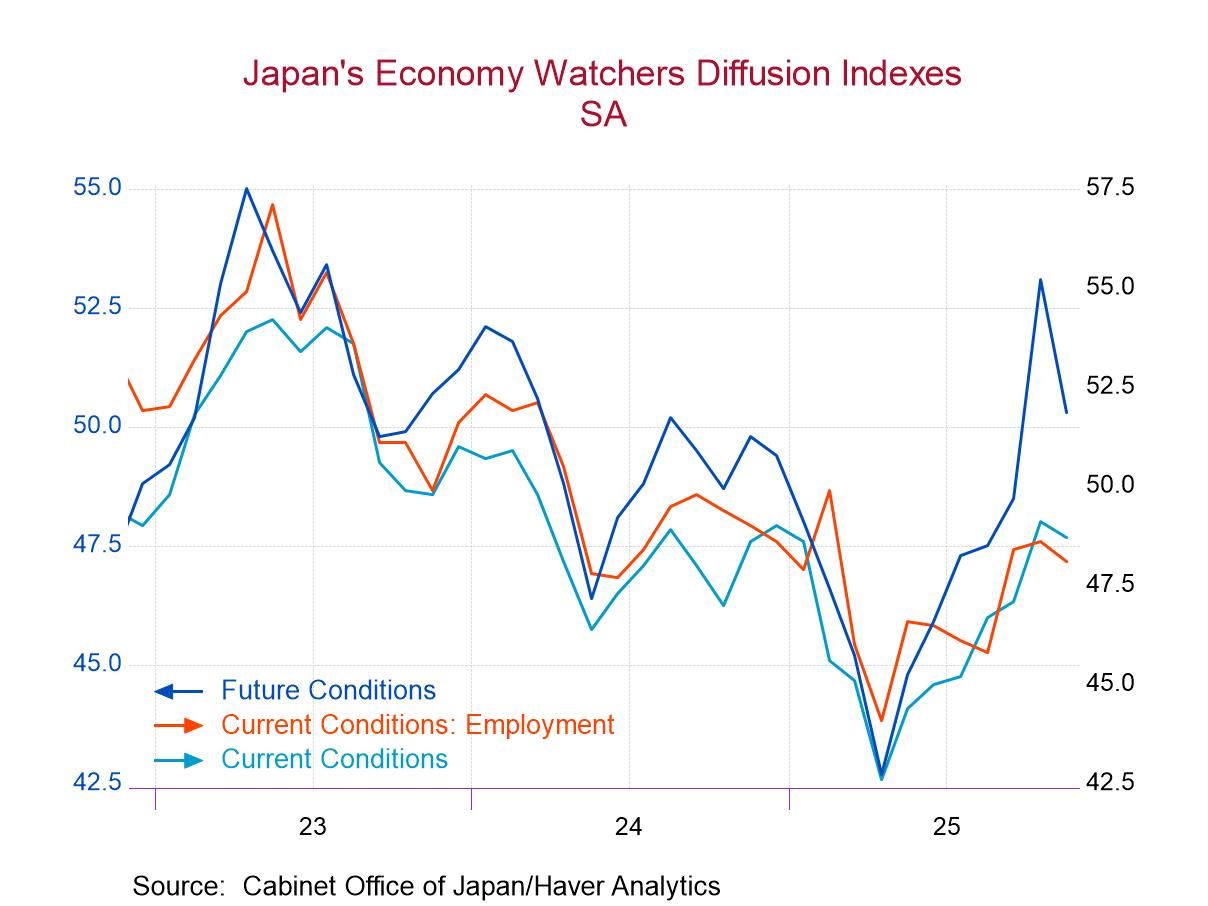 Global| Oct 29 2014
Global| Oct 29 2014French Household Confidence Is Stuck in Low Gear
Summary
France's household opinion survey for October saw its household indicator at a level of 85, the same value as in September. In fact, 85 is the three-month average, the six-month average and the 12-month average. At a level of 85, the [...]
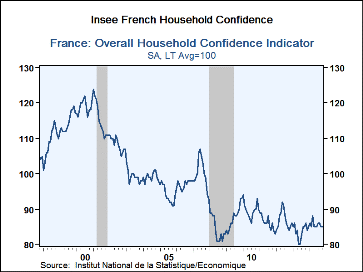 France's household opinion survey for October saw its household indicator at a level of 85, the same value as in September. In fact, 85 is the three-month average, the six-month average and the 12-month average. At a level of 85, the indicator sits in the 13.8 percentile of its historic queue, marking it as worse historically only about 14% of the time. That is an extremely low standing to be in force over the entire last 12 months.
France's household opinion survey for October saw its household indicator at a level of 85, the same value as in September. In fact, 85 is the three-month average, the six-month average and the 12-month average. At a level of 85, the indicator sits in the 13.8 percentile of its historic queue, marking it as worse historically only about 14% of the time. That is an extremely low standing to be in force over the entire last 12 months.
French households obviously are in a poor state of mind about the economy. The reading for living standards over the past 12 months slipped to -75 in October from -73 in September and -70 in August. The October assessment of past living standards is in the bottom 7.9% of its historic queue, an extremely weak reading.
For the next 12 months, the expectations index for living standards also slipped. It fell to -52 in October from -51 in September and -49 in August. At its level of -52, the index is in the bottom 11.5% of its historic queue. That's a slight improvement from the previous 12 months, but it is still a very low reading and not an optimistic outlook.
The expectations for unemployment over the next 12 months fell to 63 in October from a level of 66 in September, but improved from a level of 62 in August. The standing in October is in the 87th percentile of its historic queue, implying a relatively high expectation for unemployment. The expectation is only higher about 13% of the time. That leaves it roughly consistent with the standing for expected living standards over the next 12 months.
The assessment of prices in the past 12 months improved slightly to a -37 reading in October from -40 in September; those readings compare to -35 in August. The October reading sits in the 19th percentile of its historic queue, a low level consistent with their being deflation fears. The assessment of prices for the next 12 months shows a less negative reading at -28 in October, compared to -33 in September and -36 in August. The October level sits in the 63rd percentile of its historic queue and that is still a moderate expectation for inflation. However, it does not seem to indicate fears of deflation. Those fears seem to be abating.
The assessment for the favorability of savings in October moved up to 19 from 17 in September and 16 in August. The favorability of climate sits in the 51st percentile of its historic queue, just slightly above its historic median. The ability to save over the next 12 months deteriorated to -3 in October from -2 in September and 1 in August. Still, the October reading sits in the 84th percentile of its historic queue, a relatively strong reading.
French households have been stuck at about the same level of confidence for the past year, a level that is extremely weak by historic standards. Their assessment of their own living standards is poor and their expectations are for only the slightest improvement. While concerns about unemployment remain heightened, these responses are not surprising and in fact in line with a number of the services and manufacturing surveys we have seen recently. With the rest of the euro area plodding along, France also seems to be highly dependent on the European Central Bank for whatever monetary and other help they can provide. At least the recent stress tests did not undermine any French banks despite this ongoing period of extreme lethargy for France.
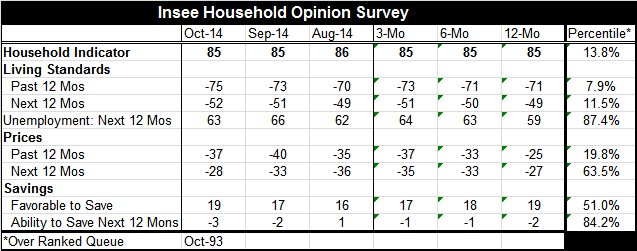
Robert Brusca
AuthorMore in Author Profile »Robert A. Brusca is Chief Economist of Fact and Opinion Economics, a consulting firm he founded in Manhattan. He has been an economist on Wall Street for over 25 years. He has visited central banking and large institutional clients in over 30 countries in his career as an economist. Mr. Brusca was a Divisional Research Chief at the Federal Reserve Bank of NY (Chief of the International Financial markets Division), a Fed Watcher at Irving Trust and Chief Economist at Nikko Securities International. He is widely quoted and appears in various media. Mr. Brusca holds an MA and Ph.D. in economics from Michigan State University and a BA in Economics from the University of Michigan. His research pursues his strong interests in non aligned policy economics as well as international economics. FAO Economics’ research targets investors to assist them in making better investment decisions in stocks, bonds and in a variety of international assets. The company does not manage money and has no conflicts in giving economic advice.



